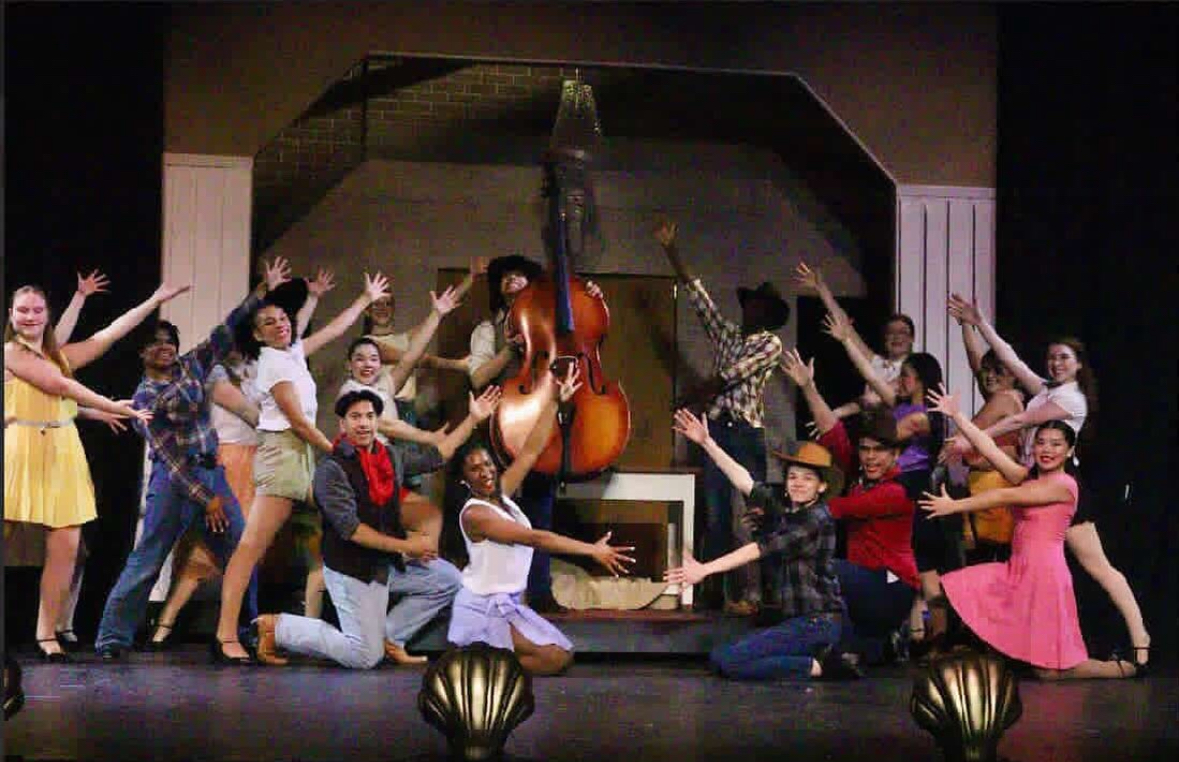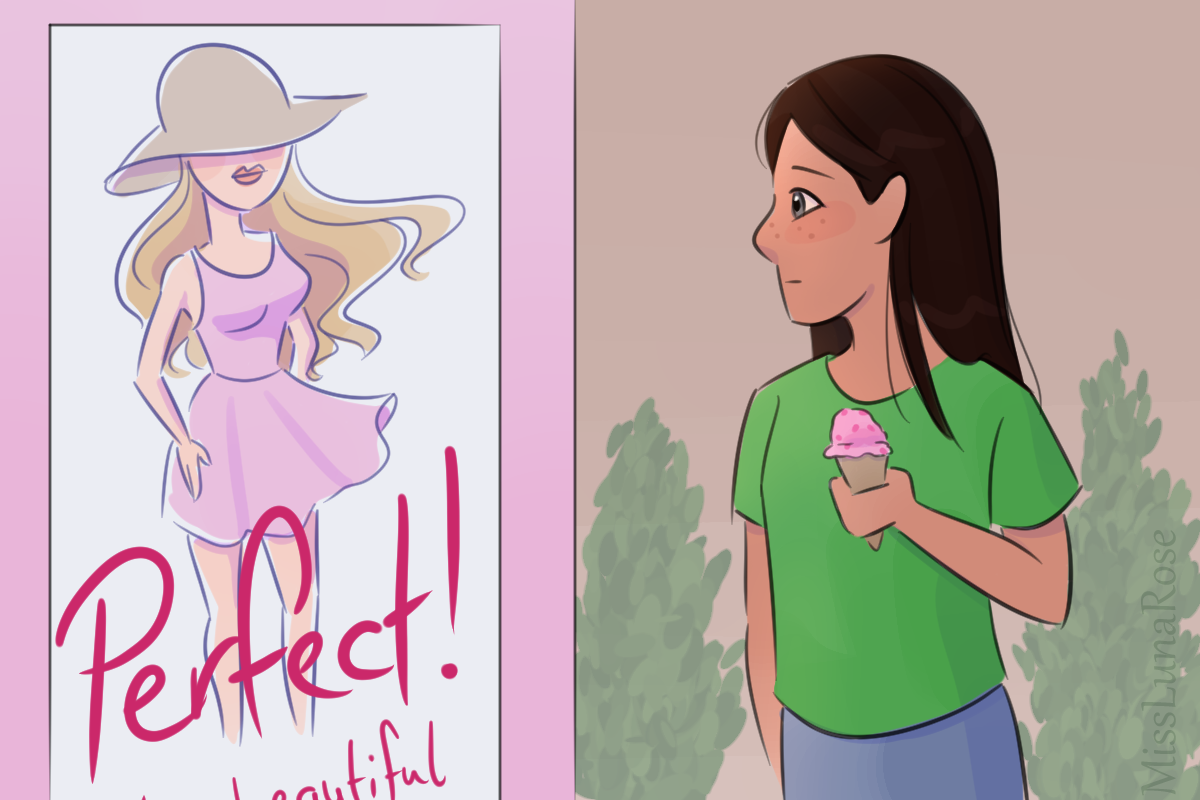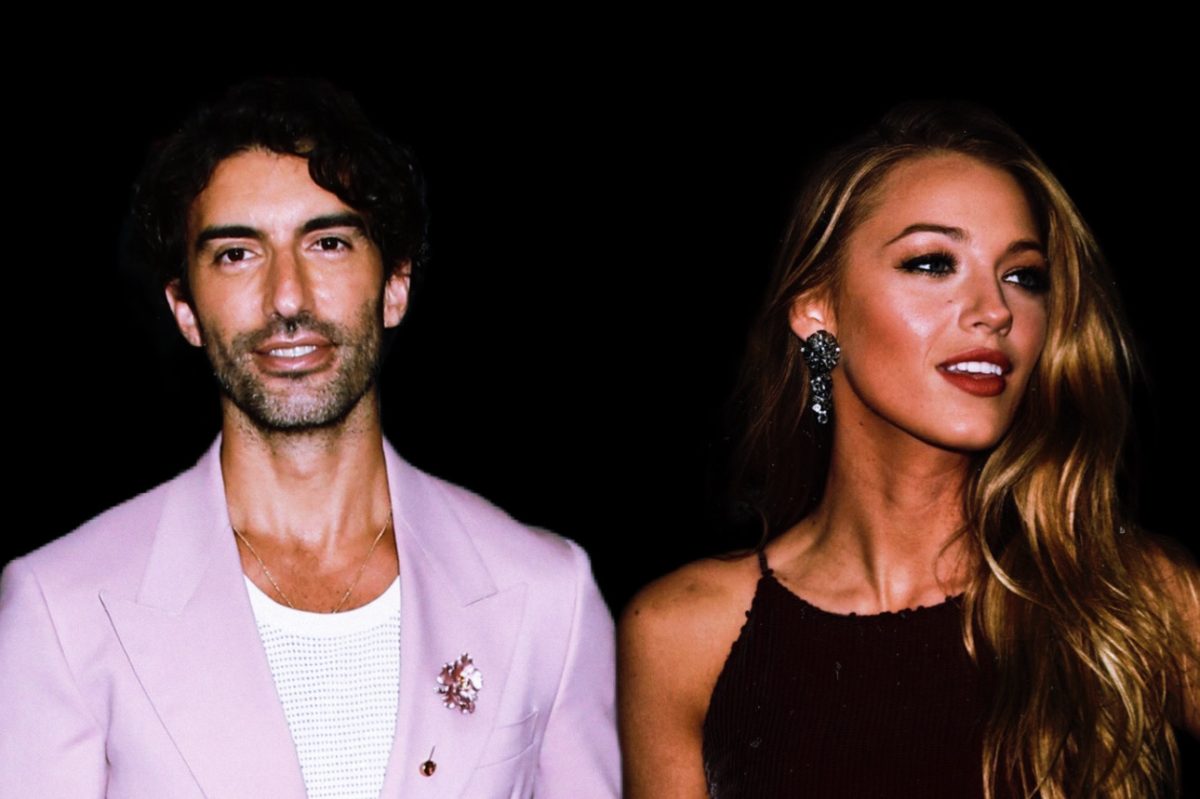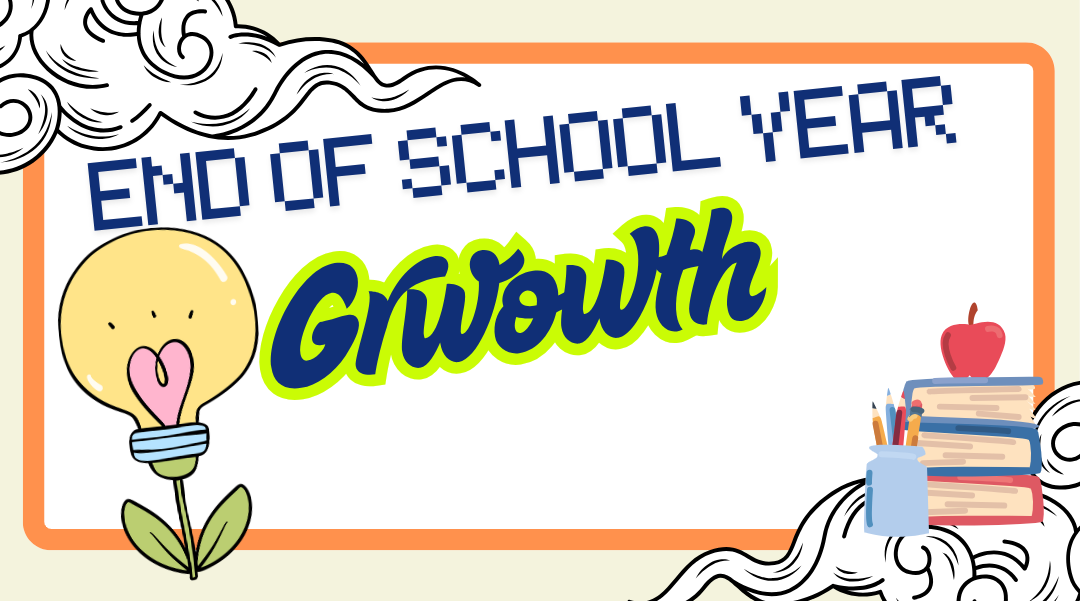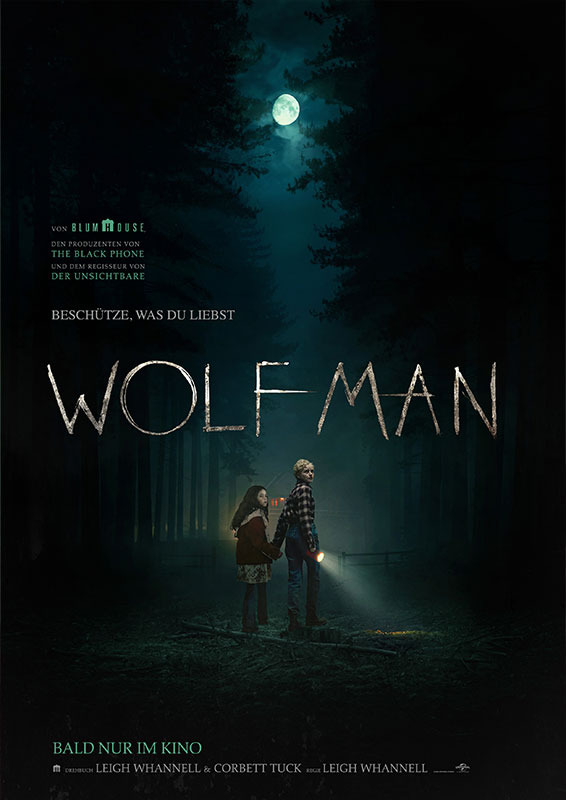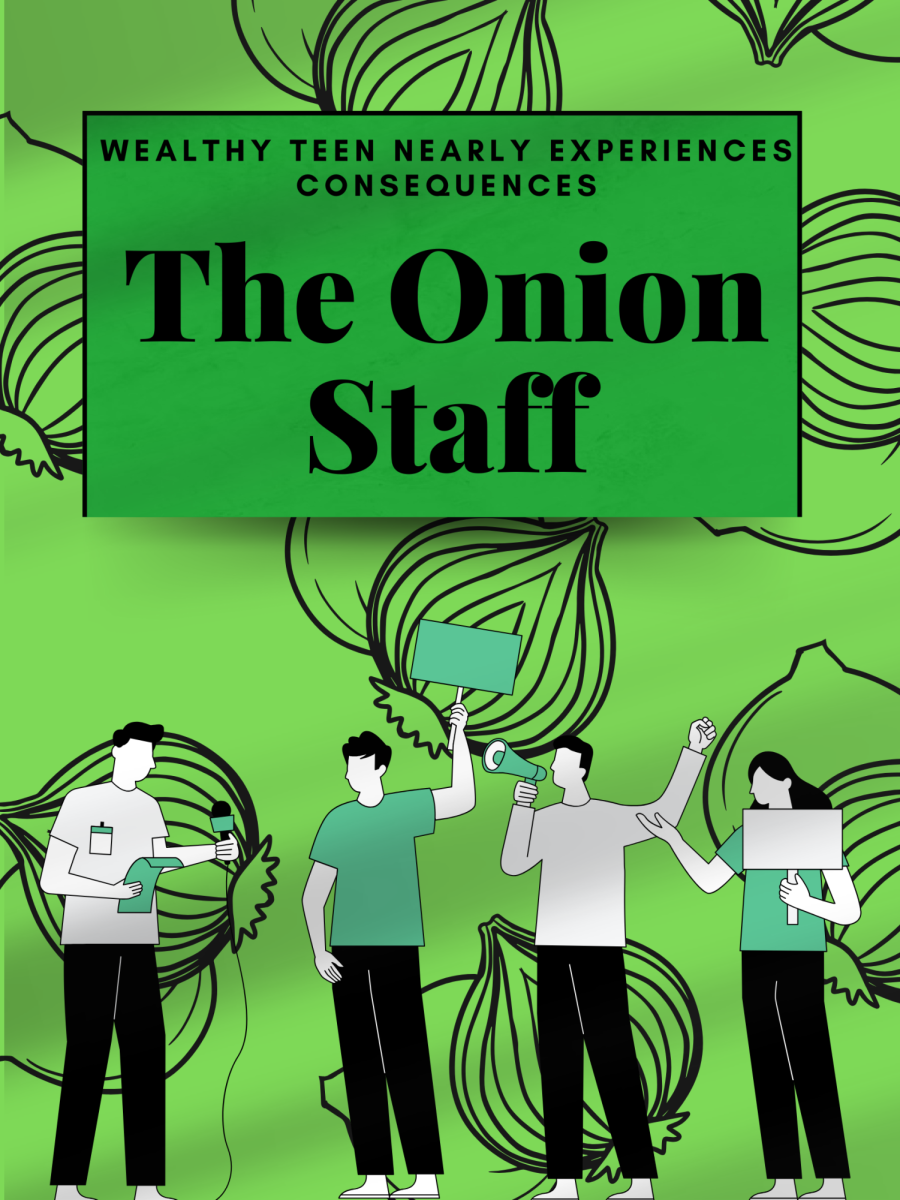I think we all need to read books that make you feel a little bit stupid. I wrapped up my summer reading this past year with a book that, frankly, gave me many headaches. I owe them to Bad Feminist by Roxane Gay: the essay collection with no topic free from Gay’s line of fire. The essays pertained to social and political issues: using pop culture, personal anecdotes, and other writings as a vehicle to support (or clash with) all of Gay’s opinions.
The chapter Not Here to Make Friends is a favorite of mine as it covers how we, as readers, go about criticizing characters for being unlikable. It begs the question: are flawed characters truly the con we make it out to be? Gay describes unappealing characters as alive and as being compelling in a way that the “good” couldn’t. She argues that to be able to provoke such strong emotions, such as hatred, proves that the writer is successful in their craft, and that skill shouldn’t be punished.
This essay particularly stood out to me as it, simultaneously, validated the reader and their sour traits as well. Jeff Schimel, a professor from the University of Alberta, has done studies that have shown that people are more likely to spot negative traits in others if they’re insecure about or have that very characteristic. I think that it’s important to read of skewed characters as it forces you to accept those traits for who that person is, for in return, it makes you more forgiving of yourself. Gay touches on this as she analyzes the contrasting nuances of how we view unpalatable male and female characters. The men were categorized as “anti-heroes” and characters who were women, were suspected to have some sort of mental illness to justify their poor behavior. I don’t think every character on screen or paper could fit neatly into those two boxes based on their gender, but I do feel that oftentimes women do get criticized more harshly for being socially deviant. Overall, I found the way she talked about these unappealing qualities to be very healing, in a way, as very few applaud an obnoxious character for being authentic.
Gay mentions a particular interview with Claire Messud about her novel, The Woman Upstairs.
“‘I [Publishers Weekly interviewer] wouldn’t want to be friends with Nora, would you? Her outlook is almost unbearably grim.’ [Gay comments] And there we have it. A reader was here to make friends with the characters in a book and she didn’t like what she found. Messud, for her part, had a sharp response for the interviewer. ‘For Heaven’s sake, what kind of question is that? Would you want to be friends with Humbert Humbert? Would you want to be friends with Mickey Sabbath? Saleem Sinai? Hamlet? Krapp? Oedipus? Oscar Wao?…’” (You get the gist)
“‘If you’re reading to find friends, you’re in deep trouble. [Messud continued] We read to find life, in all of its possibilities. The relevant question isn’t is this a potential friend for me? but is this character alive?’”
After reading this quote as well as rereading the essay about a dozen more times, my perspective shifted. Not just on how I perceive distasteful characters, but how I think and write criticism for stories and these characters, particularly the ones who do make my blood boil. This shift has allowed me to have a newfound appreciation for characters like Rory from Gilmore Girls, Britta from Community, and anyone else who, at some point, has made me want to hurl something at a TV. Once looking at these individuals as a convoluted character that exists in this story to spark emotion, I stopped getting so upset at my books and instead tried to appreciate their writing through gritted teeth. I started measuring criticism on the story building, not how negatively I reacted to the anti-hero.
Once I had this epiphany, I began to develop numerous questions that I didn’t know the answer to. Where do you draw the line when dissecting the art from the artist? How far is too far, when separating the theme from the story? Is it responsible to claim that a reader should read to find life, not comfort?
Gay mentions later on in the essay that she “doesn’t even mind unlikable characters whose behavior is psychopathic or sociopathic.” She takes this distasteful character’s philosophy to the next level as she goes on to describe Patrick Bateman from American Psycho. While it should be noted that she does not agree with murder or other such acts, Gay mentions that she does find Bateman “interesting, flawed certainly, but at times humorous, and charismatic.”
I mention this example because I don’t think the movie American Psycho is one for every viewer and so this point feels noticeably weaker compared to the rest of her paragraphs. While I’m aware that she’s speaking from her own experience, her main point is no longer universal anymore. The movie has a great risk of being triggering or scarring for viewers and it’s unfair to tell those people that they should be searching for all perspectives of life, not hiding under blankets, terrified of serial killers. It’s not the same empowering sentiment it once was when it was just social flaws or unpleasant emotions every person, one way or another, struggles to come to terms with. Gay pushed the scales and turned them into something potentially provoking and unrelatable.
Circling back to the question: to what extent can you separate the meaning of a story from the story itself? I’d respond: a great amount if you can spot it.
It’s been contested that the well-known story Lolita could be summarized as much a work of art as it is sick. To summarize the premise in short, the story is told from the point of view of Humbert, who is a pedophile. He becomes infatuated with a young girl Lolita and eventually marries Lolita’s mother to stay close to her. I feel like I should mention that Lolita may not be appropriate for everyone. In fact, with its explicit and startling language, I encourage everyone to look up the trigger warnings for this specific read. To read Lolita and stomach through it, you have to separate your preconceived morals and lasting shock from the text and look at it through the lens of its meaning.
Which is easier said than done. When I tried to read Lolita, I couldn’t do it. It was a hard book to swallow and wrap my mind around, and so, midway through, I decided to return it to the library. Once again, this book made me feel a little stupid. Not in the way Bad Feminist did with her verbose writing and endless references, but in the way that I couldn’t get past Humbert’s actions and thoughts. I didn’t even want to dissect the meaning or theme after reading the first chapter.
Fortunately for me, the website BookMarks had analyzed this novel. Their article paid tribute to this literature’s anniversary: August 18. The article was titled Sick, Scandalous, Spectacular: The First Reviews of Lolita.
“The author, that is, is writing about all lust. He has afflicted poor Humbert with a special and taboo variety for a couple of contradictory reasons. In the first place, its illicit nature will both shock the reader into paying attention and prevent sentimentally false sympathy from distorting his judgment. Contrariwise, I believe, Mr. Nabokov is slyly exploiting the American emphasis on the attraction of youth and the importance devoted to the ‘teenager’ to promote an unconscious identification with Humbert’s agonies. Both techniques are entirely valid. But neither, I hope, will obscure the purpose of the device: namely, to underline the essential, inefficient, painstaking, and pain-giving selfishness of all passion, all greed—of all urges, whatever they may be, that insist on being satisfied without regard to the effect their satisfaction has upon the outside world. Humbert is all of us.” (Book Marks, August 18, 2020)
Reading the website’s own pinpointed take on what makes this book stand out, reminded me of what words on a page can truly do. The same sentences that can spark disgust, can also bring up several introspective ideas and a social commentary on the world around us. That is if you look closely enough.
Whether the unlikability exists in the characters or the premise, I think that it’s vital to read and interact with the things that push you outside of your comfort- the extent you decide. I posed many questions in this piece and some I’ve attempted to answer, but many I didn’t. Mainly because I’m not sure there are good answers for a lot of them. Writing and forming criticism, especially in fiction, is such a difficult task because of how argumentative it is. It’s not wrong to dislike a troublesome character, it’s not unheard of to put down a book because it makes you uncomfortable, but it’s fascinating to hear the other end of the conversation. To hear that that same character you hated, was what inspired another reader to continue reading. These differing narratives are ultimately what encourage people to publish their thoughts, they want to interact because they’re curious. And they’re not afraid to feel stupid or ignorant if they ever end up changing their preceding beliefs.
Read to feel stupid, always.




